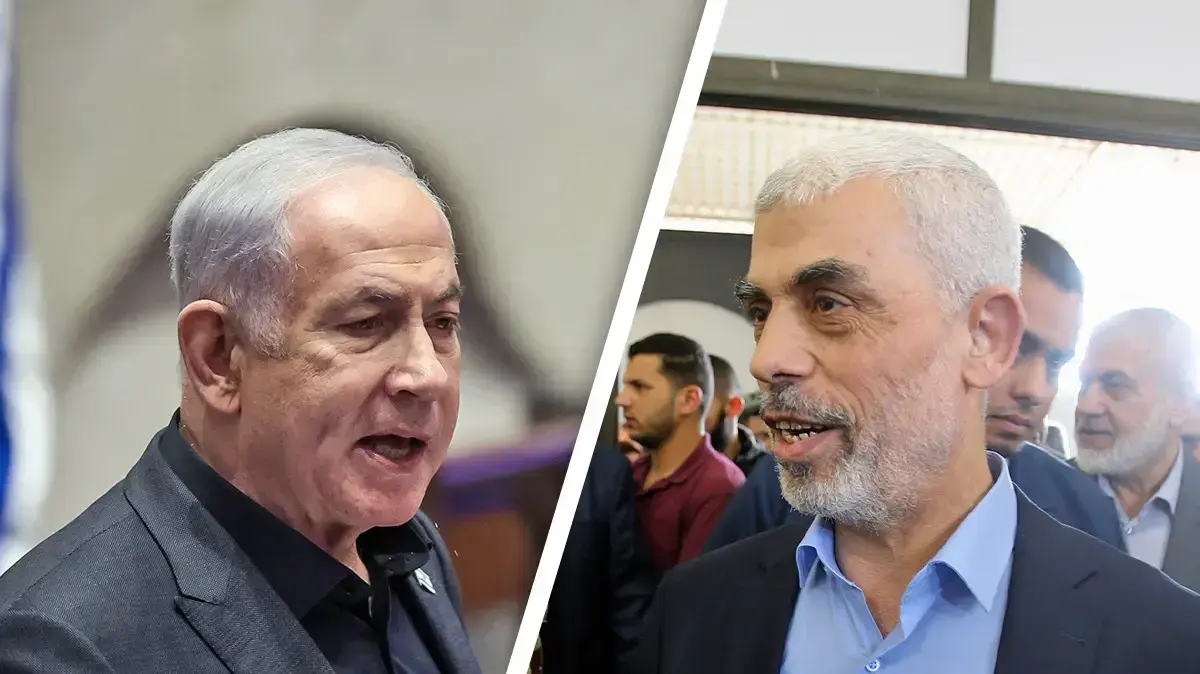The ongoing conflict between Israel and Hamas has taken a significant turn as Hamas has presented its response to a recent Israeli proposal for a hostage deal, according to sources in Washington. This development comes after intense mediation efforts by Qatar and Egypt, alongside the United States. Senior Hamas official Osama Hamdan emphasized that the group's response included crucial comments on the Israeli proposal and reiterated demands for a full ceasefire and the complete withdrawal of Israeli Defense Forces (IDF) from Gaza.
The head of Hamas's political bureau, Ismail Haniya, and Islamic Jihad leader Ziad Nachala have relayed their response to the Prime Minister of Qatar. According to Al-Jazeera, the response focuses on the terms of the ceasefire, including a demand for Israel to withdraw from the Gaza Strip, including key areas like the Rafah crossing and the Philadelphia corridor. Egypt and Qatar confirmed that they received the response and are committed to continuing their mediation efforts in coordination with relevant parties.
US Secretary of State Tony Blinken confirmed that Israeli Prime Minister Netanyahu remains committed to the proposal, which involves a comprehensive ceasefire and the withdrawal of IDF forces from inhabited areas in Gaza. The proposal also outlines the release of hostages in exchange for hundreds of Palestinian prisoners, including the return of American hostages and the bodies of deceased ones. The plan envisions a phased approach to the cessation of hostilities and the reconstruction of Gaza, featuring continued negotiations beyond an initial six-week period if necessary.
President Joe Biden has called on Israeli leaders to accept the deal, asserting that it offers a real chance to end the ongoing conflict and bring home abductees. Biden cautioned that continuing the war would further entangle Israel in Gaza and isolate it globally, without achieving a total victory. He stressed the potential benefits of the deal, including the possible normalization of relations with Saudi Arabia and enhanced regional security.
In a parallel development, the stories of the recently released hostages, such as Noa Argamani, have highlighted the human cost of the conflict. Argamani, who was held captive for eight months by Hamas, shared harrowing experiences of captivity. She spoke of moments of despair upon hearing that Israel might continue the war and recounted finding solace through mindfulness practices during her ordeal. Argamani and three other hostages were recently rescued by Israeli special forces in an operation that resulted in significant casualties among Palestinians.
- While the negotiations and political maneuvering continue, there remains a stark reality on the ground in Gaza, where over 100 hostages are still held by Hamas. Argamani's story has resonated globally, shedding light on the personal tragedies behind the headlines. Following her rescue, she was treated at Ichilov Hospital in Tel Aviv alongside her mother, who suffers from terminal cancer. Argamani's resilience, and the ongoing efforts of her family, underscore the complex human dimensions within this geopolitical crisis.
- The humanitarian aspect of these ongoing negotiations cannot be understated. The proposed deal includes measures to facilitate the return of Palestinian citizens to their homes in Gaza, alongside the flow of humanitarian aid into the region. The comprehensive approach aims not only to cease current hostilities but also to lay groundwork for longer-term stability and rehabilitation in Gaza.






